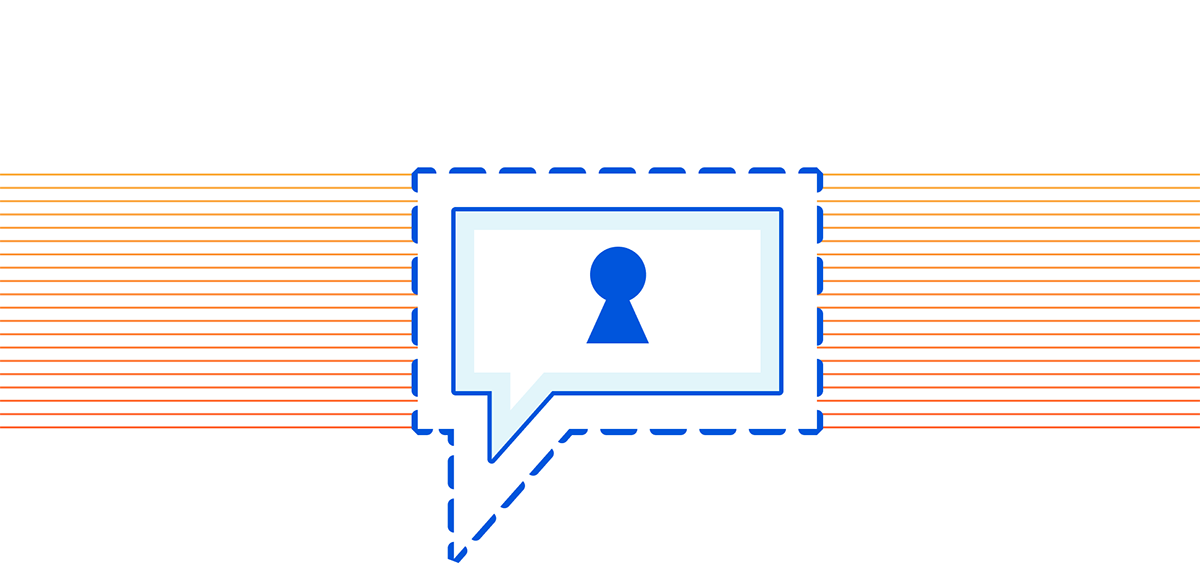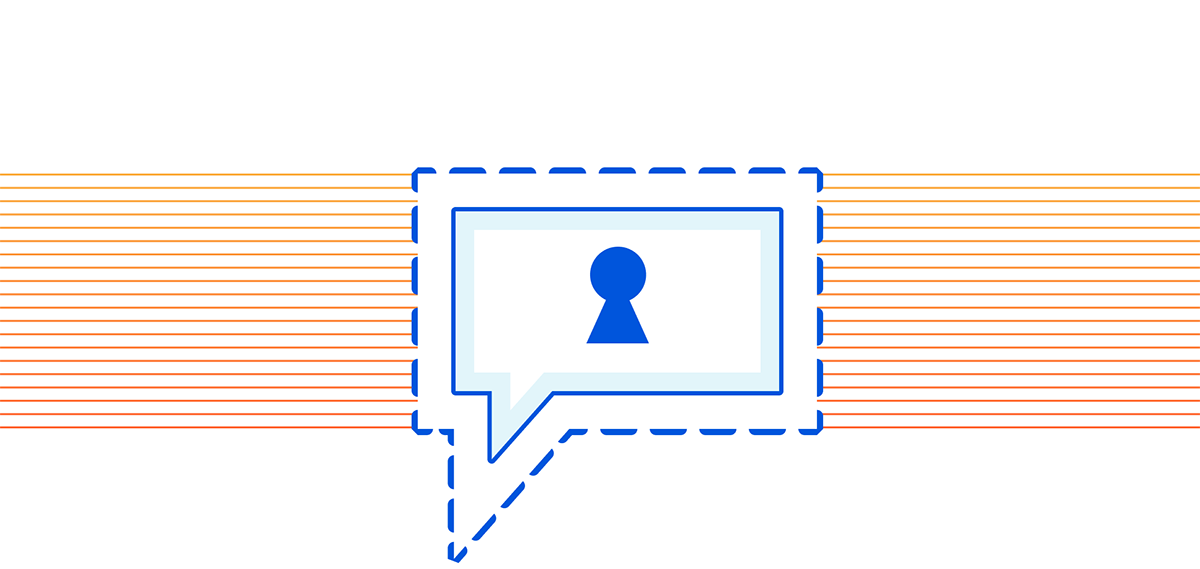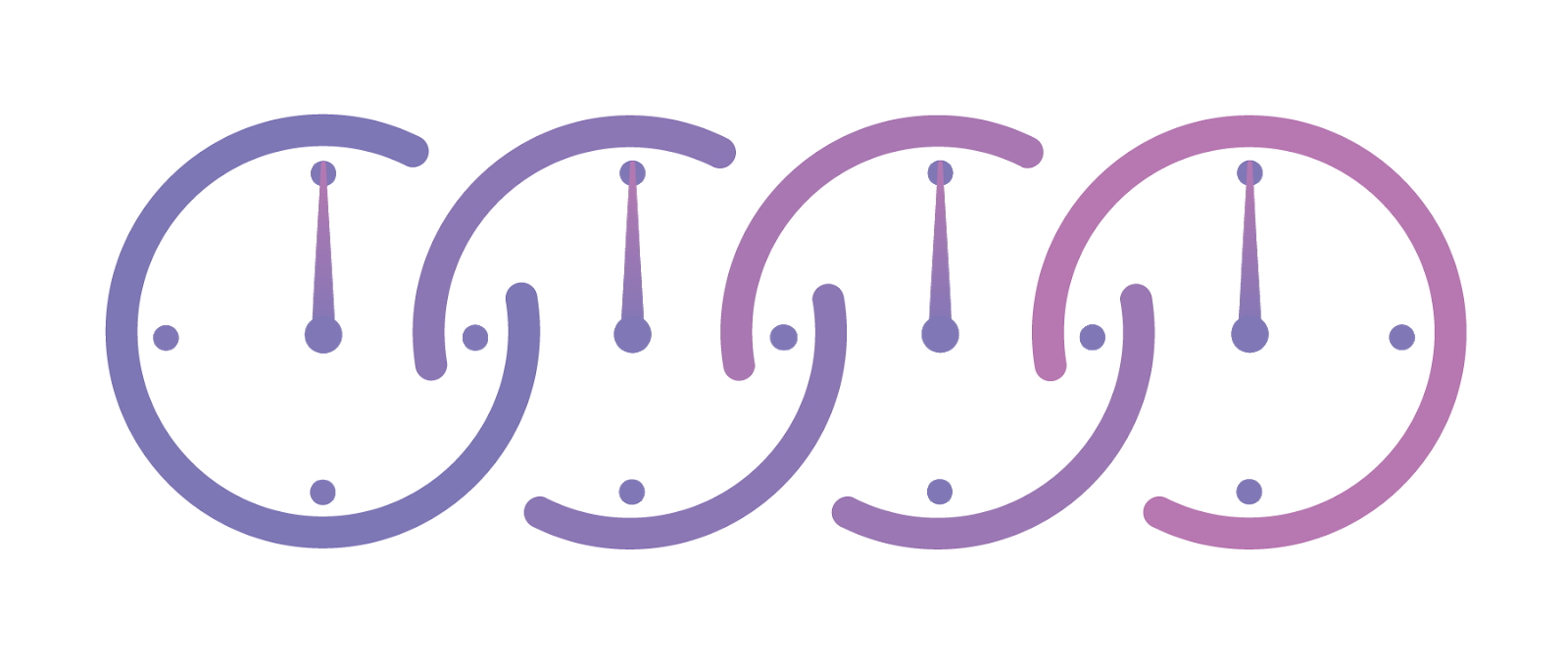Author Archives: Christopher Patton
Author Archives: Christopher Patton
The cryptography that secures the Internet is evolving, and it's time to catch up. This post is a tutorial on lattice cryptography, the paradigm at the heart of the post-quantum (PQ) transition.
Twelve years ago (in 2013), the revelation of mass surveillance in the US kicked off the widespread adoption of TLS for encryption and authentication on the web. This transition was buoyed by the standardization and implementation of new, more efficient public-key cryptography based on elliptic curves. Elliptic curve cryptography was both faster and required less communication than its predecessors, including RSA and Diffie-Hellman over finite fields.
Today's transition to PQ cryptography addresses a looming threat for TLS and beyond: once built, a sufficiently large quantum computer can be used to break all public-key cryptography in use today. And we continue to see advancements in quantum-computer engineering that bring us closer to this threat becoming a reality.
Fortunately, this transition is well underway. The research and standards communities have spent the last several years developing alternatives that resist quantum cryptanalysis. For its part, Cloudflare has contributed to this process and is an early adopter of newly developed schemes. In fact, PQ encryption has been available at our edge since Continue reading


In 2023, data-driven approaches to making decisions are the norm. We use data for everything from analyzing x-rays to translating thousands of languages to directing autonomous cars. However, when it comes to building these systems, the conventional approach has been to collect as much data as possible, and worry about privacy as an afterthought.
The problem is, data can be sensitive and used to identify individuals – even when explicit identifiers are removed or noise is added.
Cloudflare Research has been interested in exploring different approaches to this question: is there a truly private way to perform data collection, especially for some of the most sensitive (but incredibly useful!) technology?
Some of the use cases we’re thinking about include: training federated machine learning models for predictive keyboards without collecting every user’s keystrokes; performing a census without storing data about individuals’ responses; providing healthcare authorities with data about COVID-19 exposures without tracking peoples’ locations en masse; figuring out the most common errors browsers are experiencing without reporting which websites are visiting.
It’s with those use cases in mind that we’ve been participating in the Privacy Preserving Measurement working group at the IETF whose goal is to develop systems Continue reading


Most communication on the modern Internet is encrypted to ensure that its content is intelligible only to the endpoints, i.e., client and server. Encryption, however, requires a key and so the endpoints must agree on an encryption key without revealing the key to would-be attackers. The most widely used cryptographic protocol for this task, called key exchange, is the Transport Layer Security (TLS) handshake.
In this post we'll dive into Encrypted Client Hello (ECH), a new extension for TLS that promises to significantly enhance the privacy of this critical Internet protocol. Today, a number of privacy-sensitive parameters of the TLS connection are negotiated in the clear. This leaves a trove of metadata available to network observers, including the endpoints' identities, how they use the connection, and so on.
ECH encrypts the full handshake so that this metadata is kept secret. Crucially, this closes a long-standing privacy leak by protecting the Server Name Indication (SNI) from eavesdroppers on the network. Encrypting the SNI secret is important because it is the clearest signal of which server a given client is communicating with. However, and perhaps more significantly, ECH also lays the groundwork for adding future security features and performance Continue reading


When you visit a secure website, it offers you a TLS certificate that asserts its identity. Every certificate has an expiration date, and when it’s passed due, it is no longer valid. The idea is almost as old as the web itself: limiting the lifetime of certificates is meant to reduce the risk in case a TLS server’s secret key is compromised.
Certificates aren’t the only cryptographic artifacts that expire. When you visit a site protected by Cloudflare, we also tell you whether its certificate has been revoked (see our blog post on OCSP stapling) — for example, due to the secret key being compromised — and this value (a so-called OCSP staple) has an expiration date, too.
Thus, to determine if a certificate is valid and hasn’t been revoked, your system needs to know the current time. Indeed, time is crucial for the security of TLS and myriad other protocols. To help keep clocks in sync, we are announcing a free, high-availability, and low-latency authenticated time service called Roughtime, available at roughtime.cloudlare.com on port 2002.
It may surprise you to learn that, in practice, clients’ clocks are heavily skewed. A recent study of Continue reading